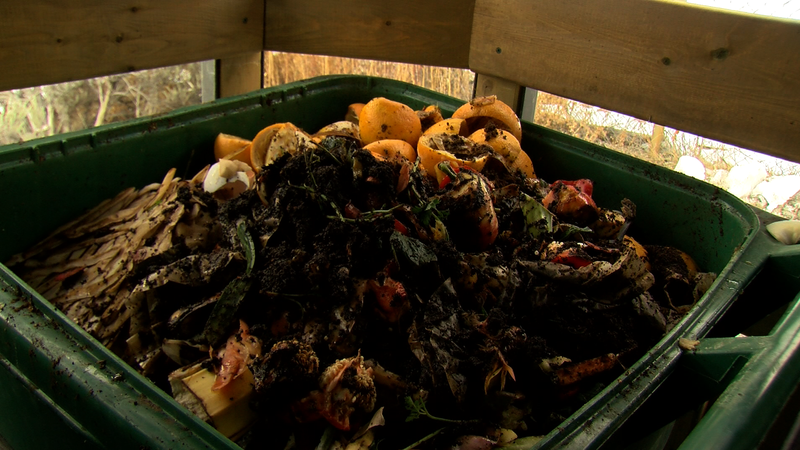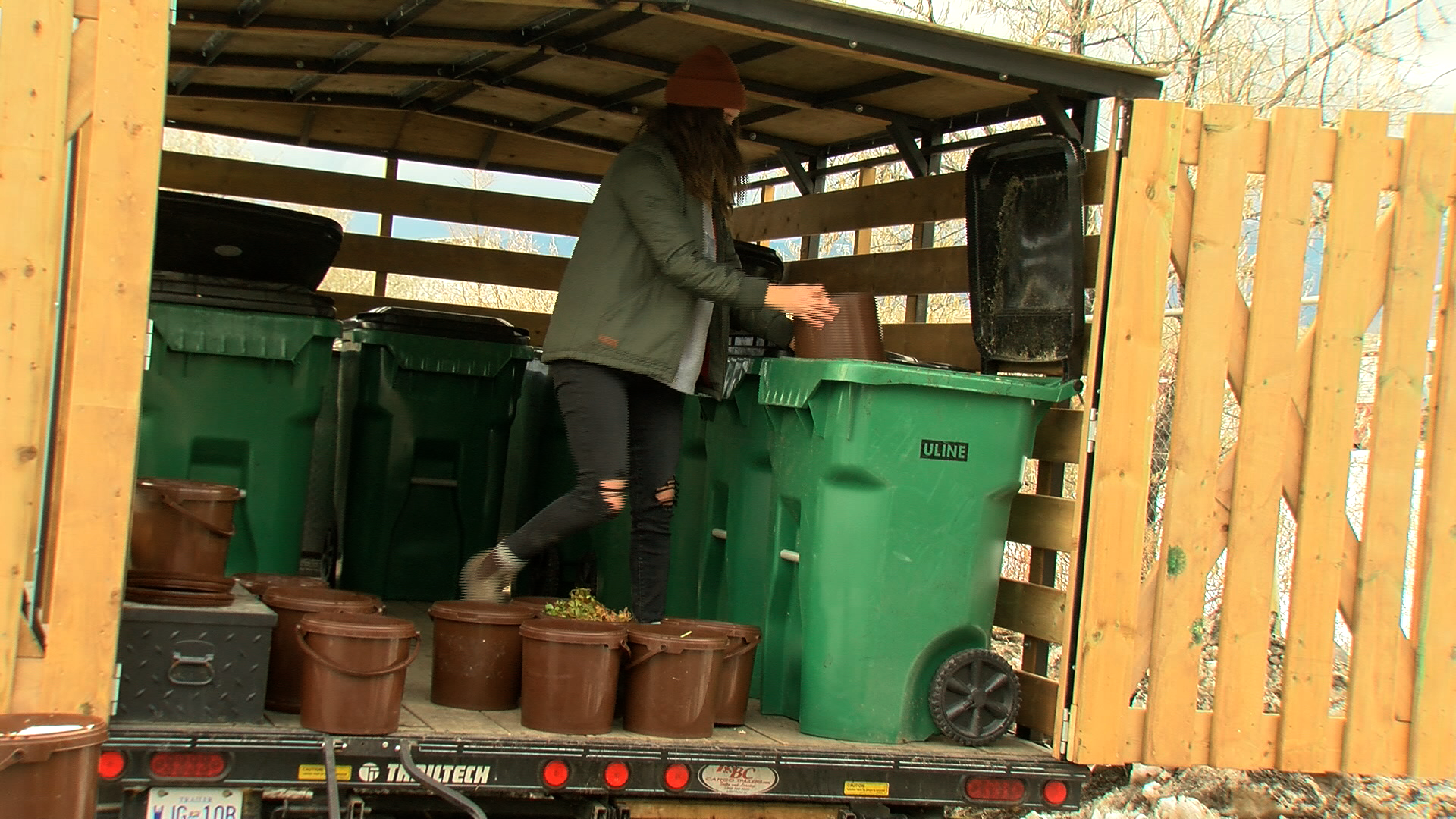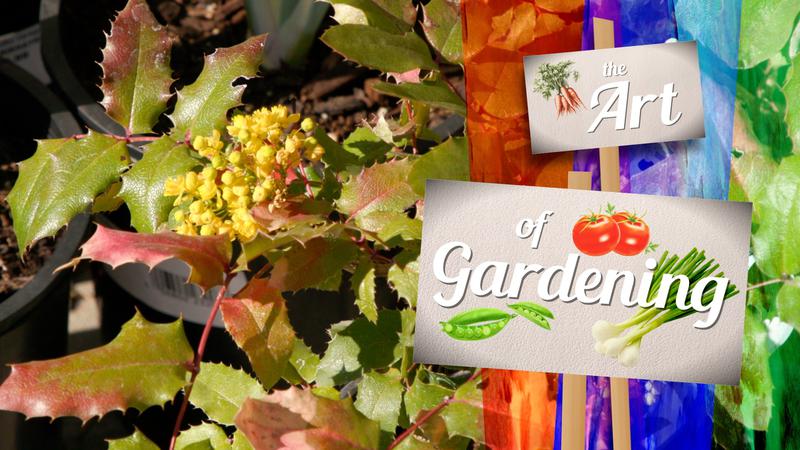
Kamloops aiming to launch pilot composting project next fall, following local private companies
KAMLOOPS — It’s pick-up day for Friendly Composting, unloading buckets of organic materials and offloading them into the company’s compost bins.
The company was started by Katie Forsyth and roommate Claire McLoughlin in March during the initial lockdown, as they tried to divert the increase in waste from the landfill.
“We were cooking more. We both came from towns that had composting programs and it kind of felt a bit unnatural for us to keep throwing this in the waste, so we looked for a solution,” said Forsyth.



